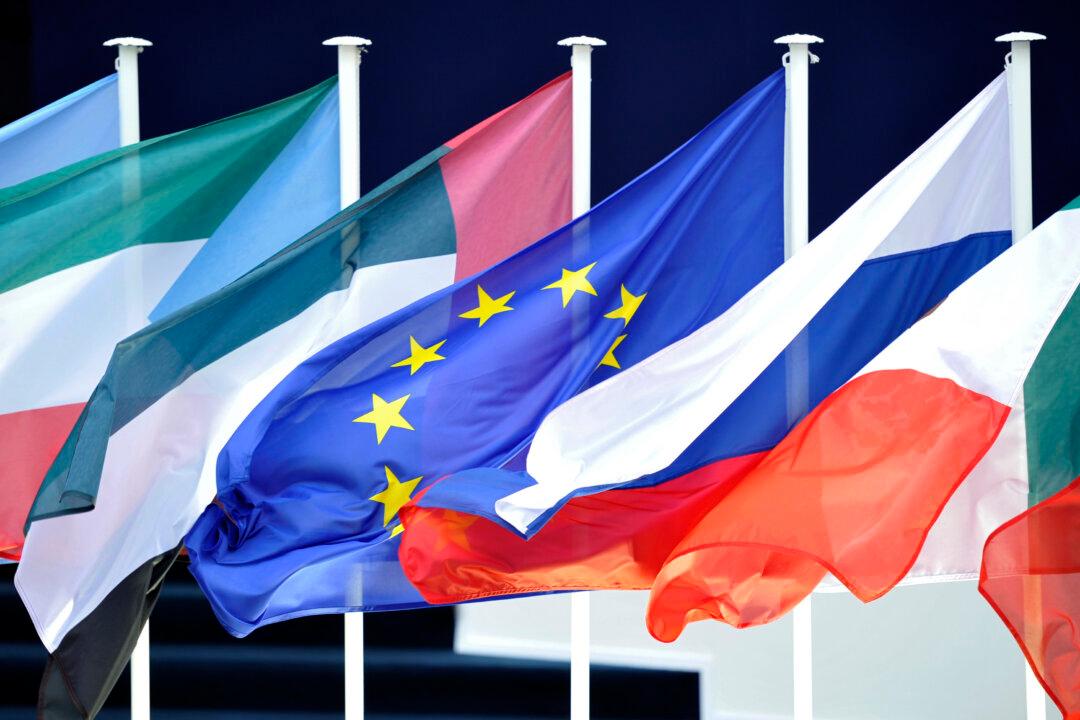WASHINGTON—Finance leaders from the Group of 20 major economies on Wednesday endorsed a global deal to revamp corporate taxation and pledged to sustain fiscal support for their economies while keeping a close eye on inflation.
The G-20 finance ministers and central bank governors also said in a communique issued after a meeting in Washington that the International Monetary Fund should establish a new trust fund to channel a $650 billion issuance of IMF monetary reserves to a broader range of vulnerable countries.





